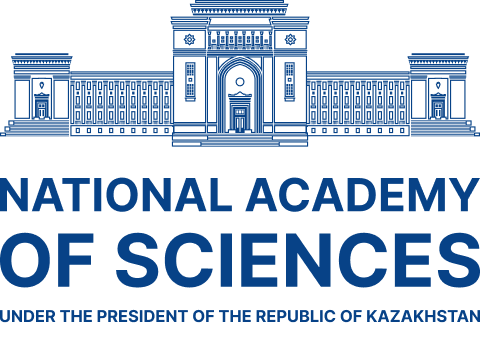The National Academy of Sciences under the President of the Republic of Kazakhstan Established the Council of Young Scientists
For the first time in recent years, the National Academy of Sciences of Kazakhstan has established the Council of Young Scientists—a body dedicated to implementing the Academy’s comprehensive strategy to attract young talents into the scientific community.
On February 23, the National Academy of Sciences of Kazakhstan under the President of Kazakhstan held a meeting with young science leaders. President of the Academy, Akhylbek Kurishbayev, emphasized that the Council of Young Scientists will become an effective organization, uniting all young scientists and providing everything necessary for its activities.
«The modern Academy has its unique mission: to fill the systemic gaps that exist in science management. At the core of our new mission is the unification of leading scientists who are willing and able to contribute to the development of Kazakhstani science. The main focus of our vision is to strive to become an autonomous, authoritative expert scientific organization providing independent proposals,» he said.
Members of the Presidium of the Council of Young Scientists
The Presidium includes members of the National Kurultai and the National Council for Science and Technology under the President of the Republic of Kazakhstan, the National Scientific Council, chairs of various councils of young scientists in Kazakhstan, and young but already established scientists. Following an open vote by the Presidium members, Maksat Zhabagin, head of the Human Genetics Laboratory at the National Center for Biotechnology, Ph.D. in biological sciences, and associate professor, was elected as the chair of the Council of Young Scientists.
He was also officially included in the management team of the Academy and appointed as an advisor to the President to convey innovative ideas, proposals, and recommendations from young scientists, making the Council’s decisions more productive. This will allow young scientists to directly participate in key decision-making processes of the National Academy of Sciences through their chair.
For the first time, the position of Ombudsman has been introduced within the Presidium of the Council of Young Scientists to protect the rights of young scientists in Kazakhstani science. Muslim Khasenov, associate professor at Maqsut Narikbayev University, Ph.D., was appointed to this role. He was tasked with promoting and strengthening the status of young scientists.
The Vice-Chair of the Council of Young Scientists is Shakhislam Uzakbaiuly, acting associate professor and chair of the Council of Young Researchers at Abai Kazakh National Pedagogical University, Ph.D.
Objectives of the Organization
The organization aims to unite all talented, leading young scientists in the country, develop recommendations to elevate the status of young scientists, encourage the return of talented young researchers, and provide social support for young scientists. Leading young scientists will serve as experts, providing independent analytical recommendations, participating in the Academy’s expert-analytical activities, popularizing science, conducting foresight studies, and preparing the National Science Report.
The community’s activities will be closely integrated with the national scientific and educational policy of the republic, as well as with programs supporting innovation and technological development. Additionally, there will be regional representations to fully integrate sectoral science with priority research areas.
Current State of Science
There are currently about 22,000 scientists in the country. The average age of a scientific employee is 57, with 15% of employees having reached retirement age. Most are over 35 years old, and 23% are over 55 years old. Since 2013, there has been a mass exodus of intellectuals abroad. There are 59 research institutes in the country, where the median age of employees is 69 years. Kazakhstan has only 813 young scientists, indicating both aging staff and a brain drain from the country.
President of Kazakhstan, Kassym-Jomart Kemeluly Tokayev, has called for a fundamental rejuvenation of Kazakhstani science and the attraction of young specialists. The Head of State emphasized, «…young scientists are the main supporters of reforms and believe in the reality of change. We are undertaking all transformations for the future of our country—today’s and tomorrow’s youth. Only together can we set new benchmarks for state and public development.»
Role of the Academy
The National Academy of Sciences will develop an objective system to determine priority research areas based on foresight studies and technological forecasting, assessing the real state of the economy, science, and global development trends. The republic must create conditions for fundamental science, which contributes to the development of modern core competencies, serves as a basis for high-level applied developments, and ensures the constant enhancement of the country’s intellectual potential. In this regard, we must propose a new format for organizing scientific research, adapting it to the best global practices.


